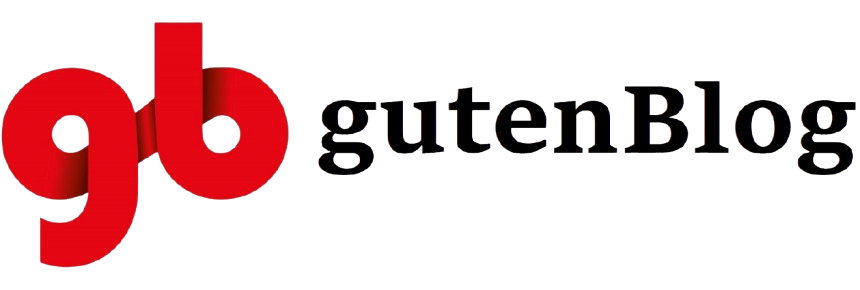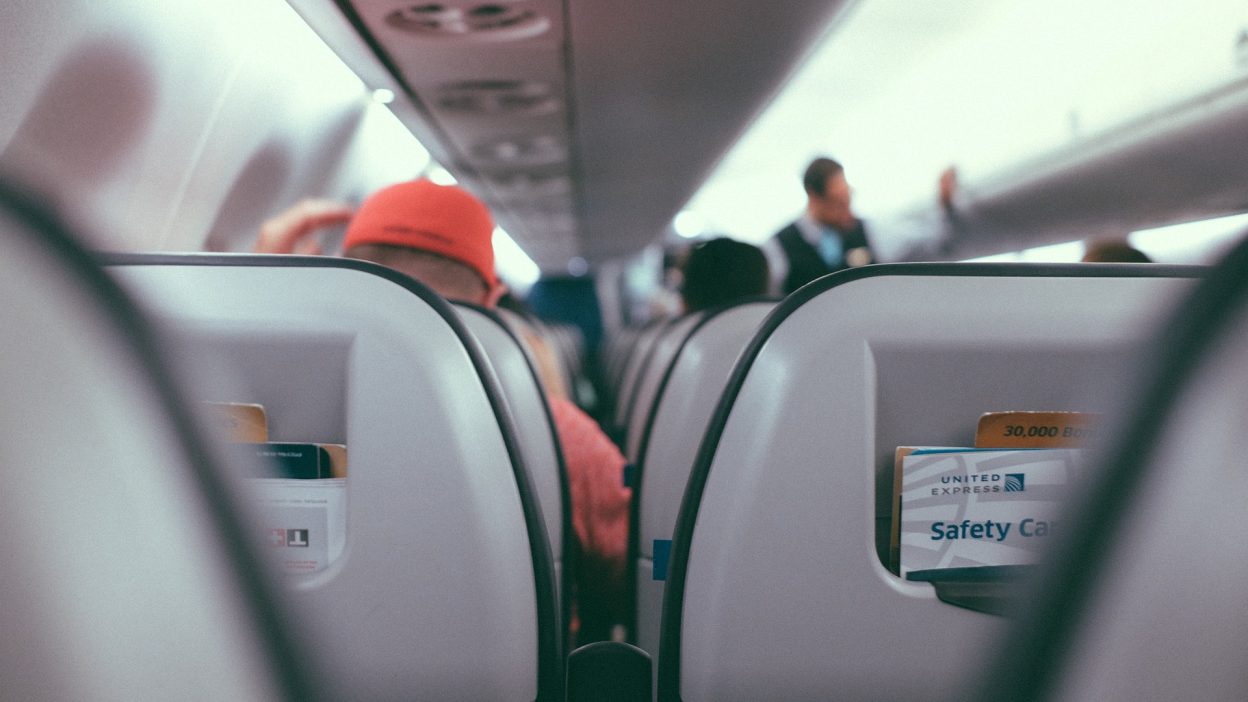Strict guidelines they adhere to, both on and off duty, to maintain the airline’s image and passengers’ safety
When you board a flight, the smiling, impeccably uniformed flight attendants are there to ensure your safety and comfort. However, behind that friendly smile, there are strict rules and guidelines that they must follow, most of which passengers are completely unaware of. From personal grooming to behaviour in public, the life of a cabin crew member is far from as glamorous as it may appear. In this blog, we will reveal the unspoken rules that shape a flight attendant’s day-to-day life and why these guidelines are so essential for both safety and professionalism.
1. Strict Grooming Standards for Flight Attendants
Flight attendants are expected to uphold high grooming standards, which is an essential part of maintaining a professional appearance. These standards go far beyond just wearing the uniform. Cabin crew must adhere to rules regarding personal hygiene, makeup, and even their hairstyle.
Personal Hygiene: Regular showering, deodorant, and breath spray are crucial. Flight attendants should always present a clean and fresh image for passengers.
Makeup & Grooming: Female flight attendants must wear light makeup to complement their natural beauty, with subtle lip colours being a common requirement. However, over-the-top makeup like pink eyeshadow or black lipstick is a strict no-go.
Hair Rules: Hair must be neat and tidy at all times. Flight attendants with hair longer than shoulder length must wear it in a bun or ponytail. Bold hairstyles such as top knots, Mohawks, and bright colours like pink or purple are forbidden.
2. Height and Appearance Requirements for Safety
Airlines have height restrictions for a valid reason. They are not intended to discriminate, but to ensure the safety of both passengers and crew.
Height Requirements: Flight attendants must be able to reach the overhead compartments and access emergency equipment. If a crew member is too short or tall, it may hinder their ability to perform these duties safely.
Jewellery and Piercings: Cabin crew must limit the amount and types of jewellery they wear for safety reasons. Tongue and nose piercings are prohibited, and many airlines restrict the number of rings and earrings.
3. Unspoken Etiquette: No Eating, Drinking, or Headphones Allowed
While passengers enjoy meals and beverages during their flight, the same luxury isn’t extended to flight attendants in plain sight.
No Eating in Front of Passengers: Flight attendants are not allowed to eat or drink in front of passengers, even if the plane is calm and uneventful. They can only do so in designated areas, such as the galley or crew room.
Earplugs and Headphones: In the event of an emergency or need for immediate attention, flight attendants must be able to hear signals, including call bells and alarms. Therefore, using earplugs or headphones during the flight is strictly prohibited.
4. Uniform Protocols: A Reflection of the Airline’s Image
A flight attendant’s uniform is their identity, representing the airline both in the air and on the ground. There are several rules surrounding how crew members wear their uniforms.
No Casual Wear Allowed: Flight attendants are not permitted to wear anything other than their uniform when in public, even before or after the flight. They must change into their uniform at the airport and remain in it until they return home.
Posture and Behaviour: Airlines expect cabin crew members to maintain impeccable posture and never slouch while in uniform. At some companies, flight attendants even undergo training to perfect a “supermodel walk.” A smile is a must, and crew members are not allowed to display visible tooth defects.
5. Flight Attendant Interaction and Behaviour
Flight attendants must act as a calm and professional presence at all times, and their conduct must always be above reproach.
Avoiding Personal Conversations: Crew members are expected to keep their personal lives private, with loud conversations or emotional outbursts discouraged. Additionally, any form of solicitation is prohibited, including offering personal products like handmade eye masks or promoting personal blogs.
No Tips or Special Favors: Unlike hotel or restaurant staff, flight attendants cannot accept tips. They must also adhere to strict rules about not carrying cash or personal packages while on duty.
6. Medical and Safety Responsibilities
Despite their training in first aid and CPR, flight attendants are not permitted to use all the items in the first aid kit. They are trained to assist in emergencies but must wait for professional medical personnel to step in when necessary.
Safety First: The cabin crew is equipped with the knowledge and tools to perform life-saving procedures, but certain medical actions—such as using medication or advanced equipment—are beyond their remit.
7. Airline Reputation and Professionalism on the Ground
The reputation of an airline is largely dependent on the professionalism of its cabin crew, which is why there are so many rules around their conduct both on and off the plane.
No “Off Duty” Relaxation in Uniform: Flight attendants are expected to uphold the airline’s image even when not working in the air. This means no indulging in bad habits, such as chewing gum or drinking in public, when they are wearing the uniform.No Personal Requests: Flight attendants cannot make personal requests such as asking pilots to speed up to make a connecting flight, or letting passengers “hang out” in the galley. Their job is to ensure safety, not convenience.




